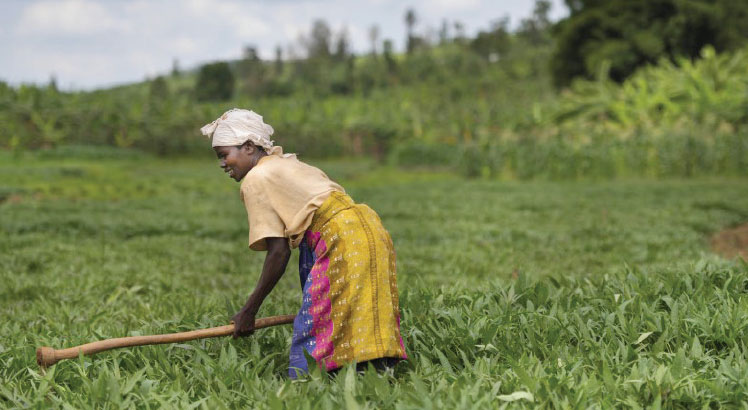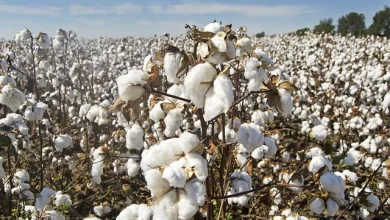August inflation rate eases to 22.8%
Malawi’s inflation rate for August 2016 dropped by 0.7 percentage points to 22.8 percent from the previous month’s 23.5 percent largely due to a drop in food inflation, the National Statistical Office (NSO) has said.
In a statement, NSO said a decline in food inflation to 28.7 percent in August from 29.2 percent in July is the main reason behind the decline in inflation, the general rise in prices of goods and services in an economy.
In August last year, inflation rate was at 23 percent, which means that prices of goods and services were higher last year than this year during the same period.
Inflation rate is now 1.8 percentage points above the annual target of 21 percent set in January by the Reserve Bank of Malawi (RBM), but 2.6 percentage points below the revised annual target of 25.4 percent indicated in the fourth monetary policy statement.
Malawi is currently grappling with 12.4 percent deficit in maize, a staple crop that has huge weight at 50.1 percent in the CPI, which measures changes in the price level of a market basket of consumer goods and services purchased by households.
In August, the price of maize stabilised mainly on account of reduced demand for the staple commodity.
Grain Traders Association president Grace Mhango said in a recent interview maize prices have stabilised because two main buyers have stopped maize purchases.
“Again, government has been sourcing maize from various places, putting to rest speculation that we might be scrambling for maize in the near future.
“This made those who were keeping maize to release it onto the market; hence, reducing demand,” she said.
Mhango said although prices have stablised, indications are that they might start creeping back to lean period levels if main buyers, Agriculture Development and Marketing Corporation (Admarc) and National Food Reserve Agency (NFRA), resume buying maize.
In a statement last month, RBM Governor Charles Chuka said while the central bank will focus on containing second round effects from food inflation, inflation rate is expected to trend upwards due to rising food prices and expected depreciation of the kwacha. n






